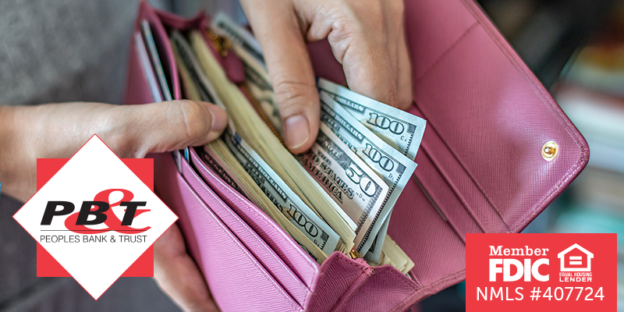For those who love to spend money or often find it hard to restrain their purchases – this blog is meant for you to start 2023 off with smart saving habits. Spending money is most definitely easier than saving. Here are some tips to rein in on spending as well as save when spending. Keep reading to learn the spender’s guide to saving money in 2023.
Step 1: Automate Your Paychecks
Automating your paychecks is an easy way to save your money and hold yourself accountable to your budget. Distributing your paycheck each time will send a percentage of your money (up to you the percentage you set) directly into your designated account. Doing this allows you to allocate funds towards your savings, emergency fund, checking account, budget for bills, etc. It is important to set aside money for your fixed expenses as well as money used for coffee outings, gas, occasional splurges and such.
Need a savings or checking account – we can help!
Step 2: Utilize Autopay
Along with automating your paycheck, it can also be a tip for budgeting and saving by utilizing autopay. Some companies even offer discounts simply for using automated payments. Companies such as internet providers, cellular businesses, and television networks will offer similar discounts. Look into this option to not only keep you organized and on track, but potentially add some additional savings to your pocket.
The benefit of autopay can be a reward to you as it shows a level of commitment to paying your bills to a company. This is a great option to a avoid the potential of a late payment solely due to forgetting.
Step 3: Don’t Keep Too Much Cash
Spending cash can work for some but can also be difficult for others to spend sparingly. Even though you may automate your payments and paycheck, you can still leave aside a few hundred dollars (or whatever best fits your budget) as spending cash. A tip is to not keep your cash casually in your wallet to avoid spending it on random purchases. Plan out your spending in advance and get your cash out when and if you need it.
If you find yourself spending money on non-essentials frequently, consider getting a white board or a day planner to list out those items, as well as items you have run out of, to plan into your budget in advance to grab the next time you are out.
Step 4: Take Advantage of Cash Back on Your Purchases
There are so many ways to take advantage of cashback on your everyday purchases. Many credit cards come with rewards that feature a cashback program. If you need a credit card, click here to learn more.
Step 5: Use Store Rewards and Coupons
When you plan to make a purchase, plan in advance what you’ll be getting and do your research to see if you can take advantage of your store rewards or apply any coupons. Most common stores typically over a rewards program. Sign up for store rewards and notifications for deals or coupons – if you find it offers no benefits, it is simple to unsubscribe.
Saving money can be hard especially after a season known for spending! Take the tips from our Spender’s Guide for Saving to apply into your day-today and new year’s savings resolutions!
Peoples Bank & Trust Co.
Member FDIC
Equal Housing Lender











